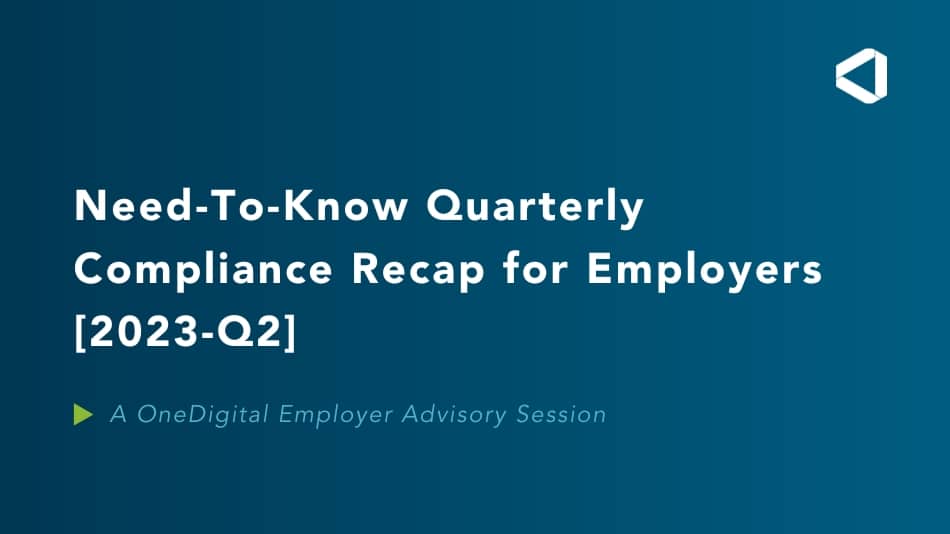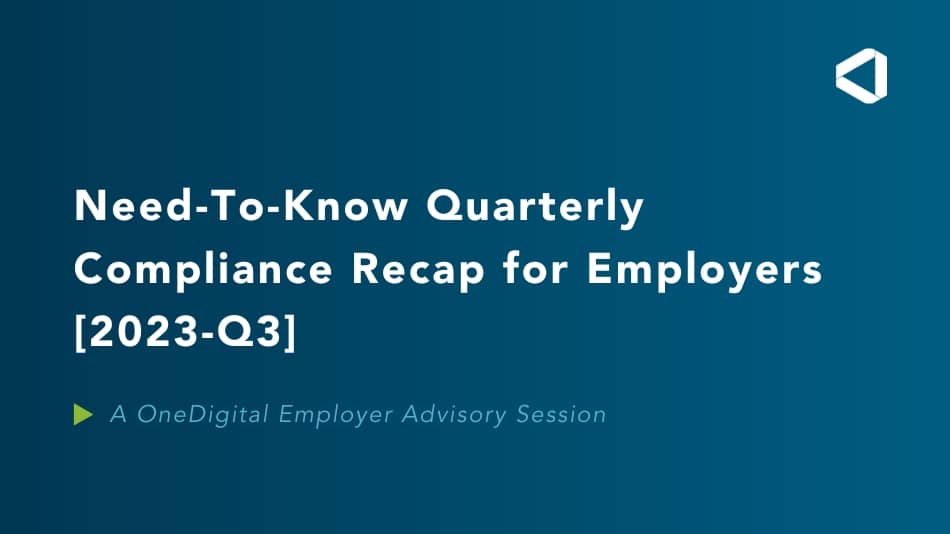Compliance Confidence
Tax, Loan, and Hardship Relief Available to Hurricane Ian Victims
Tax, Loan, and Hardship Relief Available to Hurricane Ian Victims
Thousands of people are still reeling from the destruction caused by Hurricane Ian throughout Florida and other parts of the southeastern United States. As the rebuilding process begins, residents of affected areas may be able to take advantage of various hardship and disaster relief policies.
Determining eligibility for disaster measures can be a confusing and convoluted process. Here, we summarize specific measures that are currently available to residents of Florida, North Carolina, and South Carolina as well as general relief measures available to all residents of FEMA-declared disaster areas.
General Relief
Taxpayers in federally-declared Ian disaster areas have the ability to claim disaster-related casualty losses on their federal income taxes. This can include any sort of personal or property losses that are not covered by insurance or other reimbursements. Further information on this topic is available in IRS Publication 547.
The U.S. Small Business Administration has made disaster loans available to homeowners, renters, nonprofits, and businesses of all sizes that were affected by Hurricane Ian in designated areas of Florida. These disaster loans include home loans, business physical disaster loans, and economic injury disaster loans. The application deadlines for SBA disaster loans are November 28th, 2022, regarding instances of physical damage from the storm and June 29th, 2023, for instances of economic injury that are attributable to the storm.
Hardship Withdrawals from Retirement Plans
After a natural disaster like Hurricane Ian, a common question from plan sponsors is whether impacted plan participants are able to take a hardship distribution from their retirement plans. As of this writing, the IRS has not issued any specific guidance regarding hardships related to Hurricane Ian, so plans must rely upon existing hardship rules. Participants in plans which permit general hardship withdrawals should be able to use such provisions in the aftermath of Hurricane Ian.
Unless a blanket special relief bill is authorized by Congress to waive early withdrawal penalties, such hardship withdrawals will be subjected to a 10% penalty and associated federal taxes. In some prior disasters, lawmakers have passed legislation to waive the 10% penalty and even allowed account owners to spread withdrawal tax payments over multiple years or repay the balance back in order to avoid tax consequences. It is not currently clear whether similar legislation will be passed for Ian victims.
Generally speaking, plan participants are able to take hardship distributions when they are able to demonstrate an “immediate and heavy financial need”. There are several “safe harbor” categories designated by the IRS which automatically meet this criterion, including medical expenses, costs related to the purchase of a primary residence or repairing damage to a principal residence, payments to prevent eviction, and funeral expenses.
There is also a relatively new “safe harbor” category that applies specifically to expenses and losses incurred by plan participants during a FEMA-declared natural disaster. Participants may take a hardship distribution if they have directly incurred expenses or losses due to a FEMA-declared natural disaster or if their principal residence or place of employment is located in an area designated by FEMA as eligible for individual disaster assistance. A current list of locations can be viewed on the FEMA website.
Tax Relief in Florida
On September 29th, 2022, the IRS issued a bulletin regarding tax relief for victims of Hurricane Ian in Florida. This relief allows Ian victims to delay various tax filings and tax payments that were due on or after September 23, 2022, until February 15th, 2023, with no associated penalty. This policy includes the extension of the filing deadline of Form 5500 for retirement plans, with filings that were due on or after September 15th, 2022, now due on February 15, 2023. In addition to this, penalties on payroll and excise taxes due between September 23, 2022, and October 11, 2022, will be abated as long as tax deposits are made by the 11th. This relief applies to individuals and households that reside in or have a business anywhere in the state of Florida. These policies are automatically rendered to Florida taxpayers residing within federally-declared disaster areas, but affected taxpayers who reside in other parts of Florida need to use the IRS disaster hotline to directly request relief.
Tax Relief in North Carolina
On October 5th, 2022, the IRS issued a bulletin regarding tax relief for victims of Hurricane Ian in North Carolina. This relief allows Ian victims to delay various tax filings and tax payments that were due on or after September 28th, 2022, until February 15th, 2023, with no associated penalty. This policy includes the extension of the filing deadline of Form 5500 for retirement plans, with filings that were due on or after September 28th, 2022, now due on February 15, 2023. In addition to this, penalties on payroll and excise taxes due between September 28, 2022, and October 13, 2022, will be abated as long as tax deposits are made by the 13th. This relief applies to individuals and households affected by Hurricane Ian who have a business anywhere in the state of North Carolina. These policies are automatically rendered to North Carolina taxpayers residing within federally-declared disaster areas, but affected taxpayers who reside in other parts of North Carolina need to use the IRS disaster hotline to directly request relief.
Tax Relief in South Carolina
On October 5th, 2022, the IRS issued a bulletin regarding tax relief for victims of Hurricane Ian in South Carolina. This relief allows Ian victims to delay various tax filings and tax payments that were due on or after September 25th, 2022, until February 15th, 2023, with no associated penalty. This policy includes the extension of the filing deadline of Form 5500 for retirement plans, with filings that were due on or after September 25th, 2022, now due on February 15, 2023. In addition to this, penalties on payroll and excise taxes due between September 25, 2022, and October 11, 2022, will be abated as long as tax deposits are made by the 11th. This relief applies to individuals and households affected by Hurricane Ian who have a business anywhere in the state of South Carolina. These policies are automatically rendered to South Carolina taxpayers residing within federally-declared disaster areas, but affected taxpayers who reside in other parts of North Carolina need to use the IRS disaster hotline to directly request relief.
OneDigital clients who would like direct assistance in navigating these measures are encouraged to reach out to their local OneDigital offices. It is our sincerest hope that all affected people are safe and protected during this challenging time.
For information on how to assist those who have been affected by Hurricane Ian, consider reading this article: Responding in the Face of Crisis: 3 Steps to Support Employees.
Investment advice offered through OneDigital Investment Advisors, an SEC-registered investment adviser and a wholly owned subsidiary of OneDigital.




